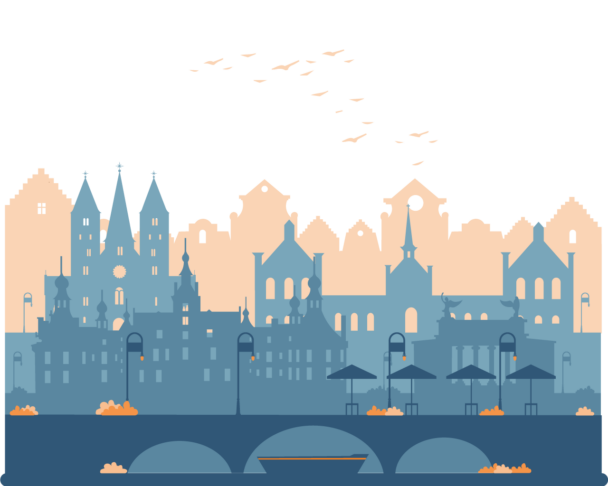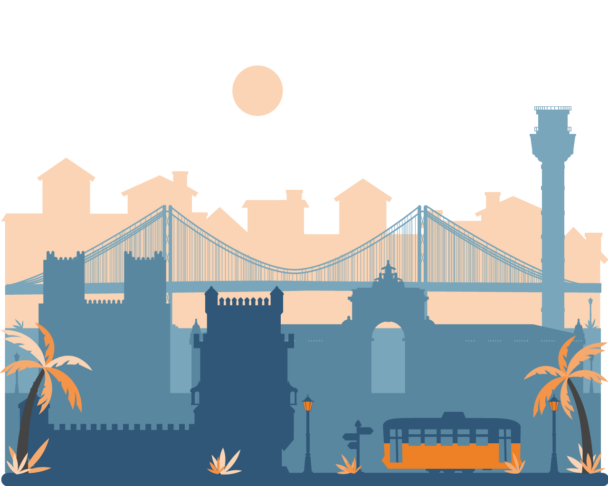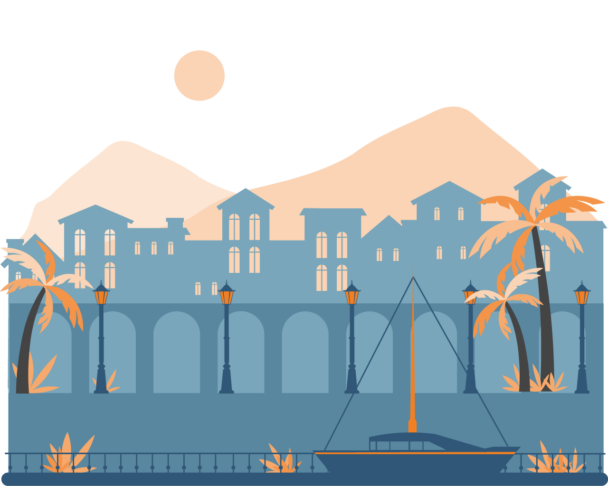Description
Have you ever felt, as an educator, that your teaching wasn’t as effective as you wished, that your students were just acquiring shallow and evanescent knowledge, or that some features of your school environment were hindering the effective flow of everyday activities?
Teaching – and learning – are hard jobs! Educational environments often need urgent changes, especially nowadays. Anyway, introducing them can seem extremely arduous.
This course aims to help educators make positive change, may it be in their teaching processes, in the way students are involved, and/or in some of their school customs.
Participants will acquire knowledge and practical skills related to feedback, formative assessment, meta-cognition, active learning, and student-centered methods. In addition to that, they will have the chance to draft a proposal to improve some key features or processes in their schools.
By the end of this training, participants will take away concrete ideas and plans to improve their teaching and students’ learning, employing tools such as formative assessment, self-regulated learning, active learning, collaboration, and student-centered strategies.
Participants will also have identified and addressed the most important educational needs of their classrooms and/or schools, as well as designed a development plan for them, to make educational practices more effective.
What is included
Learning outcomes
The course will help the participants to understand how to:
- Become more familiar with the notions of feedback, formative assessment, self-regulated learning, metacognition, active learning, student-centered methodologies;
- Design tailor-made activities that use the aforementioned notions and strategies;
- Feel more confident in proposing change in their educational environments;
- Improve classroom and/or school customs and practices;
- Get inspiration and use practical tools for high-quality teaching and learning.
Tentative schedule
Day 1 – Course introduction
- Introduction to the course, the school, and the external week activities;
- Icebreaker activities;
- Presentations of the participants’ schools;
- High-Quality Teaching and Learning.
Day 2 – Self-Regulated Learning and Feedback
- Metacognition: meaning, strategies, and tools;
- Feedback and Formative Assessment.
Day 3 – Active Learning
- Students’ needs, motivation, voice & choice;
- Collaborative Activities.
Day 4 – Student-centered Methods
- Presentation of methods and examples;
- Personalize the use of the aforementioned methods.
Day 5 – Forward Thinking
- Resistance to Change;
- Development Plan.
Day 6 – Course closure & cultural activities
- Course evaluation: round-up of acquired competencies, feedback, and discussion;
- Awarding of the course Certificate of Attendance;
- Excursion and other external cultural activities.







